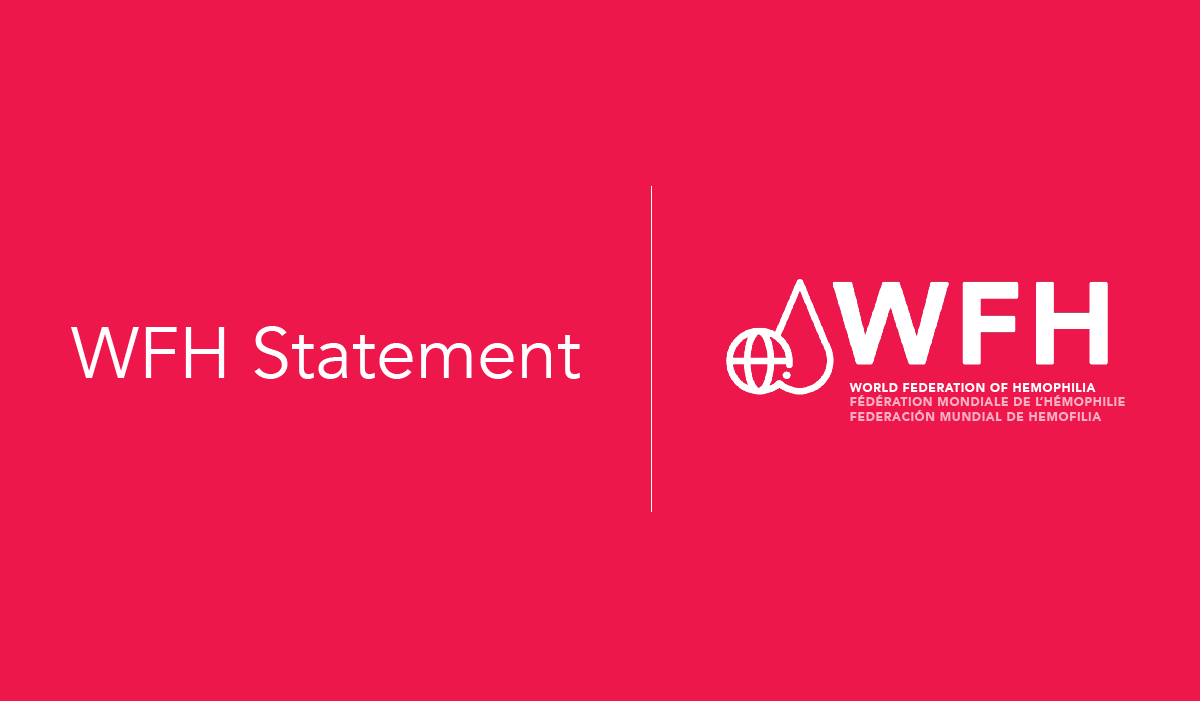The World Federation of Hemophilia (WFH) is concerned about the recent trend to halt the development or commercialization of several hemophilia therapies. Since October 2024, we have seen the following setbacks:
- Pfizer discontinued global commercialization of fidanacogene elaparvovec-dzkt, a gene therapy for hemophilia B
- Pfizer terminated its collaboration and licensing agreement with Sangamo Therapeutics for giroctocogene fitelparvovec, an investigational gene therapy for hemophilia A
- Spark Therapeutics halted its Phase 3 trial of dirloctocogene samoparvovec, an investigational gene therapy for hemophilia A in favour of developing a FVIII variant
- Centessa Pharmaceuticals ceased global development of SerpinPC, a serine protease inhibitor for hemophilia B
These decisions, based on both science and commercial potential, as determined by the pharmaceutical companies, delay progress, leaving PWH with fewer treatment options. While the WFH acknowledges that efficacy, safety, business and regulatory requirements govern such choices, the cancellation of a product should never be interpreted as being due to a lack of engagement by researchers, healthcare professionals, or the broader patient community. Indeed, all potential treatments are welcomed, if they are safe and efficacious, as another step toward our shared vision of Treatment for All. Consequently, we urge pharmaceutical companies, investors, health authorities, and stakeholders to:
- Sustain their commitment to improving treatment options for hemophilia and other inherited bleeding disorders
- Continue investing in research and development to prevent disruption in scientific progress toward curative therapies
- Preserve and share clinical trial data from discontinued treatments—ensuring that valuable insights and patient contributions are not lost, potentially through a platform like the WFH Gene Therapy Registry
- Be more creative in identifying mutually beneficial ways to provide therapy to the majority of the world
The pharmaceutical industry and the investment community must recognize their role in sustaining scientific progress and supporting the unmet needs of the entire global inherited bleeding disorders community. We hope they will heed the above call to action to mitigate further impacts to treatments for PWH around the world.












